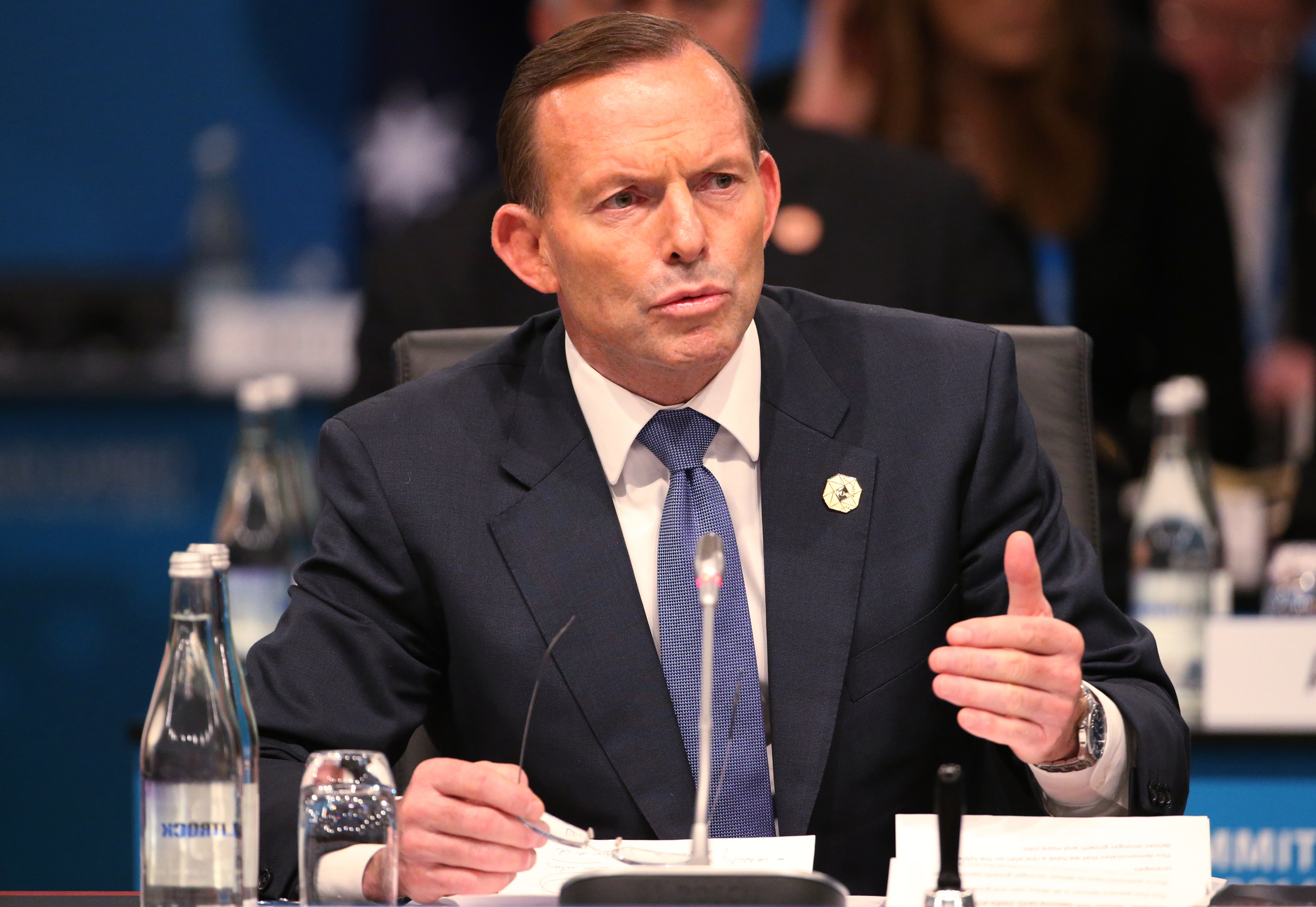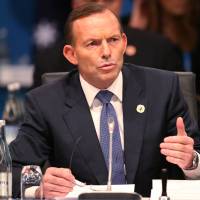Australian Prime Minister Tony Abbott's hostility to "visually awful" wind farms has sent a chill through the industry and could jeopardize the country's biggest renewable energy project, a $2 billion-plus wind and solar plant in the country's north.
In an early sign that a new Federal policy could curtail major renewable projects, the company planning to build the 1,200-megawatt plant said it may struggle to attract financing after the government blocked state support for wind farms.
Conservative premier Abbott has been a vocal critic of wind farms, which he has also described as "ugly" and "noisy," and has campaigned for coal-fired power.
That stance puts him at odds with countries such as the U.S. and China, as they overhaul their power industries to meet ambitious environmental targets.
After cutting the country's Renewable Energy Target by a fifth a month ago, Abbott took the green power industry by surprise by ordering the government's AU$10 billion Clean Energy Finance Corporation (CEFC) to stop investing in wind farms, the country's No. 2 clean energy source behind hydropower.
The anti-wind farm decree could stop the CEFC from providing early-stage finance for the 1,200-megawatt Kennedy Energy Park in Queensland, making it less attractive for private financiers, said the head of Canberra-based Windlabs Ltd, the company behind the project.
"If they're not there, it doesn't mean it can't get done, but I will tell you it'll be harder," Windlab Chief Executive Officer Roger Price said. "Every deal takes a lot of work. Having them support a project would ultimately make other finance (easier to secure). People are happy to invest or commit alongside (an existing investor)."
Windlab remains optimistic it can secure private finance for Kennedy, which would be one of the world's 10 biggest renewable energy plants, providing about 80 percent of local energy supply as it sends green power from 300 km inland to the coast of northern Queensland, Price said.
Australia's openly antagonistic stance toward wind farms — Abbott recently called coal "good for humanity" and suggested wind farms were a health hazard — threatens to rankle other nations when they attempt to thrash out a global policy at a climate conference in Paris in November.
"I honestly believe that this is ideological," said Samantha Hepburn, a law professor at Deakin University, noting that Abbott's government effectively subsidises fossil fuel companies. "We need an energy mix and wind is a vital component of that. Renewable sectors require subsidies, and can't survive without it."
Legal experts have also suggested Abbott's directive goes beyond the bounds of ministerial intervention allowed in the CEFC, given the financing agency comes with defined guidelines that appear to include wind farms. The CEFC has "a pretty clear mandate to invest in established, successful renewable energy technology like wind and solar", said Tim Stephens, a professor of international law at the University of Sydney. "This new directive telling the body not to invest in wind farms or solar possibly could be challenged."




















With your current subscription plan you can comment on stories. However, before writing your first comment, please create a display name in the Profile section of your subscriber account page.